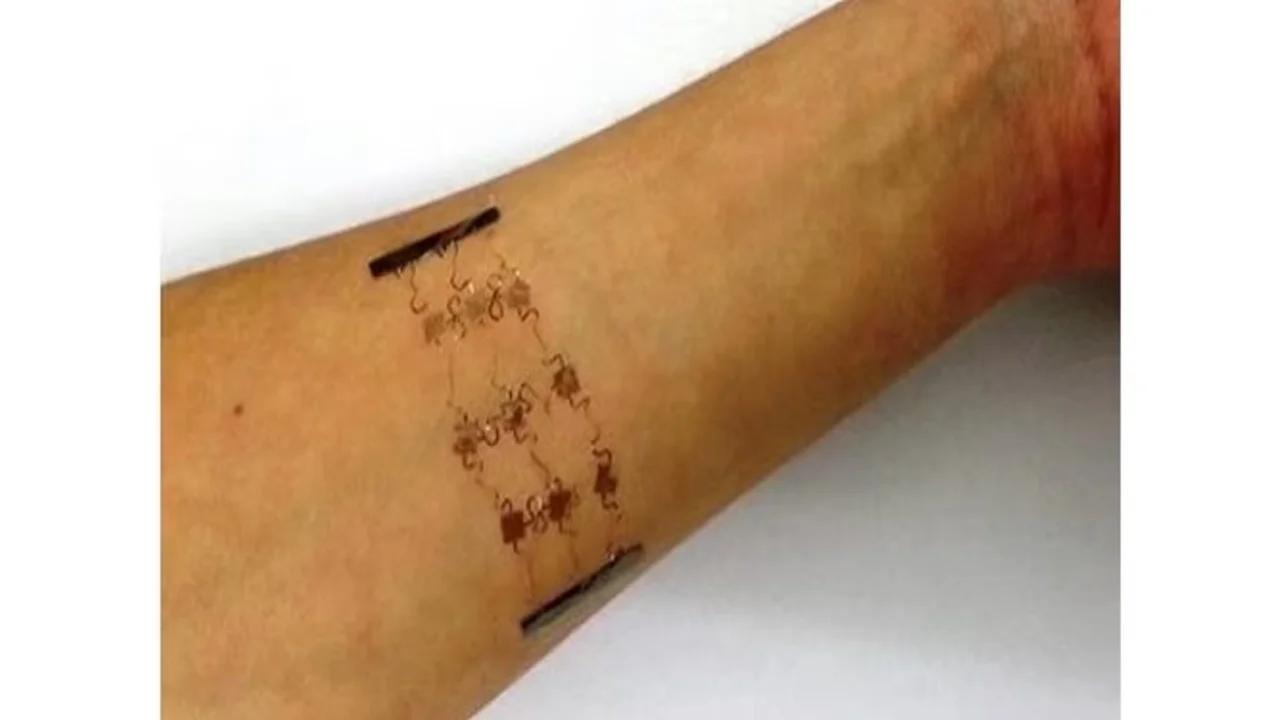
Nano therapeutics heat up
Smart, stretchable pads open up a new approach for thermotherapy.
About
Wearable technology offers better control and flexibility of thermotherapeutic approaches and now a stretchable electronic patch that can be wirelessly controlled has been developed by a research team from KAUST.
Managing pain is an intrinsic part of many therapeutic processes and an important aspect of healthcare. The benefit of heat in mitigating the effects of pain is well known. “A digital interactive, stretchable and reusable thermal patch can deliver controlled heat to various parts of the human body,” explains Muhammad Hussain from KAUST’s Computer, Electrical and Mathematical Science and Engineering Division.
Currently available heat-generating patches rely on chemical reactions. A better route to create therapeutic patches however is to use electrical heating — which can be applied controllably and repeatedly — and so help to better manage how the heat is applied to the skin. However, the problem for such patches is that the heating element — electrical conductors such as copper — are too rigid to conform to the movements of skin.
Straight electrical wires can break easily when stretched so the KAUST researchers have designed electrical circuits whose curved, spring-like shapes are far more flexible (see image). “Copper thin films cannot be stretched in their natural state, but due to the lateral spring structures we designed, we achieved record stretchability of about 800 percent from a metal,” comments Hussain.
Read the full article